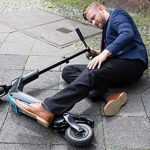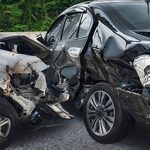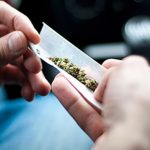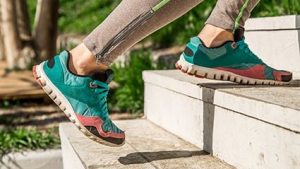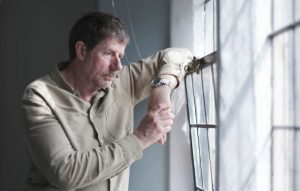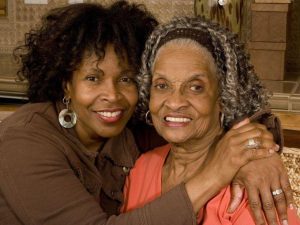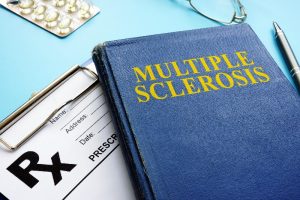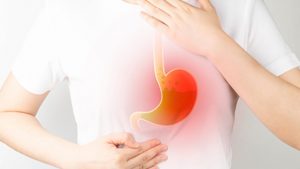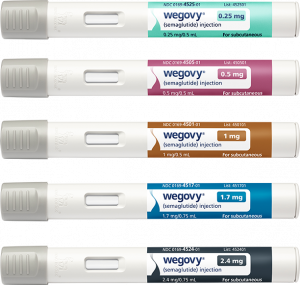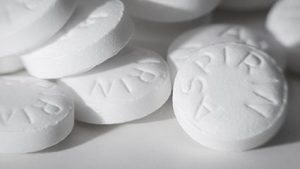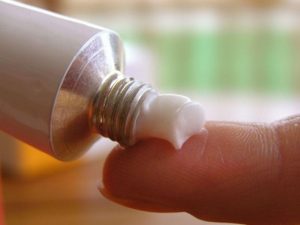
Telehealth may be a powerful way to get people with opioid use disorder to take — and stay on — medication to treat their addiction. Researchers report that those who started buprenorphine treatment via telehealth had an increased likelihood of staying in treatment longer compared to those who started the treatment in another setting. “This study suggests that telehealth may increase treatment access and retention, strengthening the evidence that receiving addiction care through telehealth is to be safe and beneficial, and that it should be made available to those who need it,” said Dr. Nora Volkow, director of U.S. National Institute on Drug Abuse (NIDA). “To quell the unprecedented loss of life from the overdose crisis, we must continue to prioritize both increasing access to treatment and providing the care and support people need to stay in treatment after they have started,” Volkow said in an agency news release. The research was part of the HEALing Communities Study, which is a large addiction prevention and treatment implementation study supported by NIDA. Before 2020, people with opioid use disorder were required to meet in person with a health care provider to start buprenorphine treatment, but during the pandemic the U.S. government allowed more prescribing flexibility to improve access. Clinicians could then prescribe the medication without examining patients in person. Payment for these appointments was also expanded.… read on > read on >










